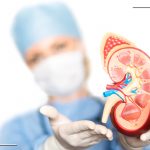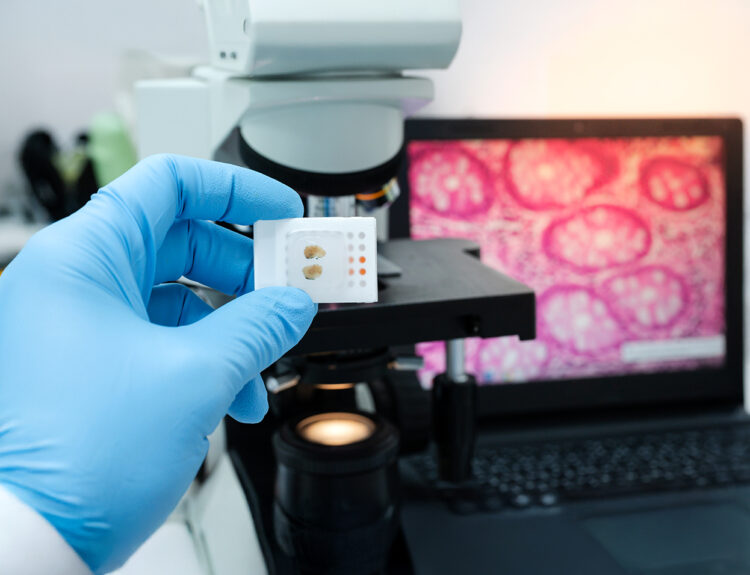Patients in need of a lung transplant often wait months or years to find an available organ. One of the key barriers is that the lung donor’s blood type must be a match for the patient’s. If blood types are not properly matched, the recipient’s immune system will attack the transplanted lungs.
In a recent series of experiments, scientists managed to change the blood type of donor lungs using an enzymatic treatment that alters the surfaces of cells. This has not been tried in patients yet, but if it works, it could save lives by expanding the pool of donor lungs available for patients on the waiting list.
Lung Transplant Procedure
The first lung transplant in which the patient survived long-term was performed in 1981. Today, lung transplants are considered for patients with severe lung disease from causes such as cystic fibrosis, idiopathic pulmonary fibrosis, COPD, or idiopathic pulmonary arterial hypertension.
In the US, if patients qualify for a transplant based on their lung condition and the details of their state of health, they can be added to a transplant list at a specific hospital. The United Network for Organ Sharing (UNOS) screens available organs for a match to patients on the list.
In addition to ABO blood type matching, ideally, lungs are tissue typed and must be of the correct size for the patient’s body. Matched lungs are allocated based on a combination of the details of the patient’s clinical condition, the distance between the lung donor hospital and the recipient hospital, and the patient’s waiting time on the list.
In 2017, 2178 US patients received a lung transplant, but 326 patients either died waiting for a lung or were taken off the list due to worsened clinical conditions. Meanwhile, 1360 patients were still waiting for a lung at the end of the year.
Lung Transplant: Blood Type and Finding a Lung Donor
Many patients wait 2-3 years or more for a donor lung to become available, while others are matched within 3 to 6 months. Patients with blood type O can have more difficulty finding a match, as they can only accept donor lungs that are also type O.
ABO blood type is based on the presence or absence of specific oligosaccharide chains on the surfaces of red blood cells. Humans can express either A antigen (type A), B antigen (type B), neither antigen (type O), or both antigens (type AB) on each of their red blood cells. Because each individual also makes antibodies against those antigens he or she does not carry, the immune system of a person with type O blood will react against blood containing A antigen, B antigen, or both.
Investigational Technique could Allow More Successful Lung Transplants
In 2019, researchers found enzymes within microbes in the human gut that can be used to change type A blood to type O by removing an extra sugar (N-acetyl galactosamine) that type O blood cells do not possess on their surfaces. In a February 2022 article, another research team reports the use of two enzymes to alter type A to type O blood within donor lungs.
Caption: In 2019, researchers found enzymes within microbes in the human gut that can be used to change type A blood to type O by removing an extra sugar (N-acetyl galactosamine) that type O blood cells do not possess on their surfaces
In the new technique, the enzymatic treatment is applied while the donor lungs are in an ex vivo lung perfusion (EVLP) device, which is used to preserve the organs until they can be transplanted. The researchers report that a four-hour treatment was successful in removing 97% of the A antigen from the blood cells and aortae of the donor lungs. The lungs were then exposed to type O plasma, and this led to minimal antibody binding or damage to the treated organs compared to untreated lungs.
This has not yet been tested in humans, where the immunological environment is more complex. If it does work in humans, the technique could eventually save lives by increasing many patients’ chances of finding an organ and reducing waiting time on the transplant list.
Also Read






